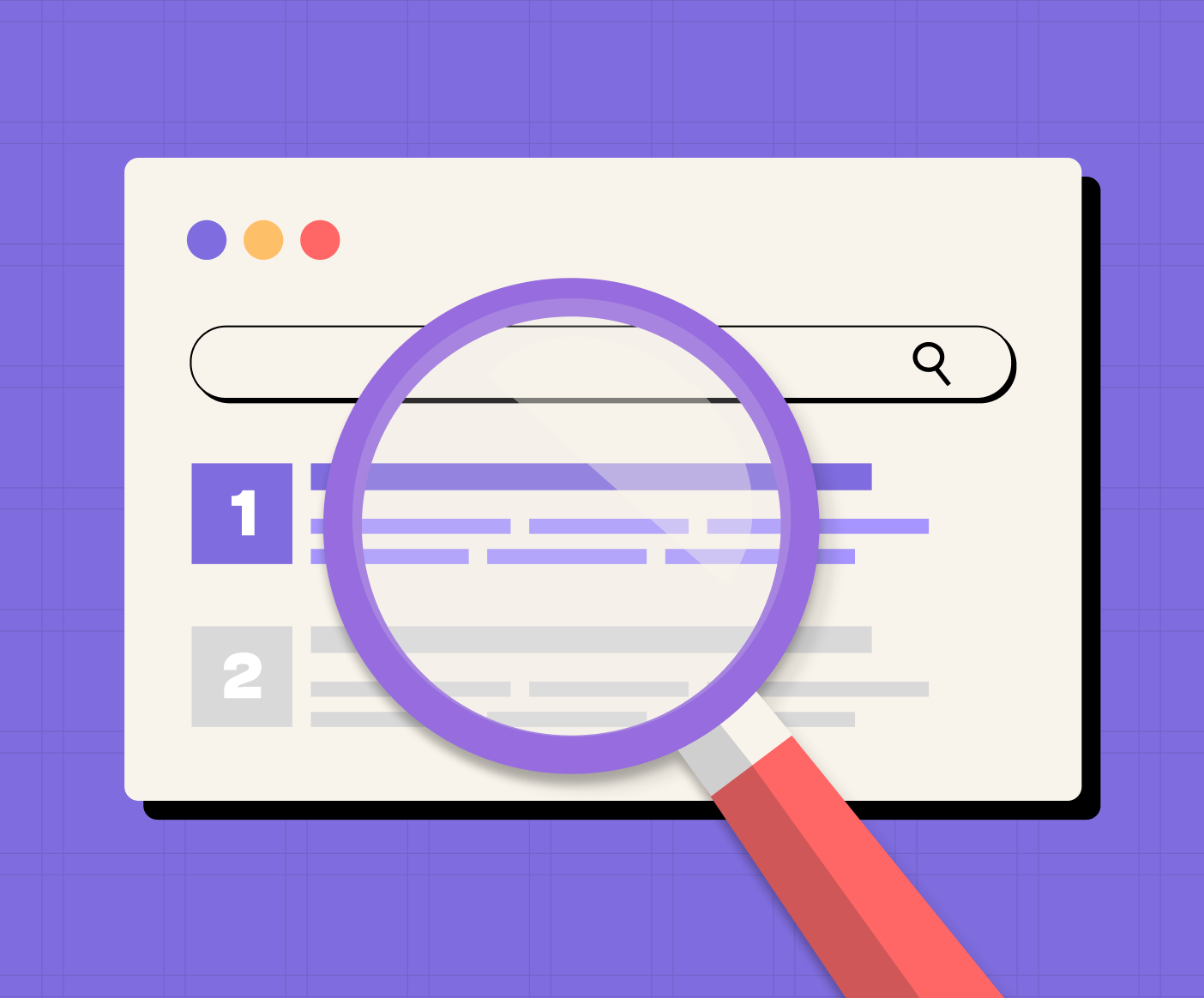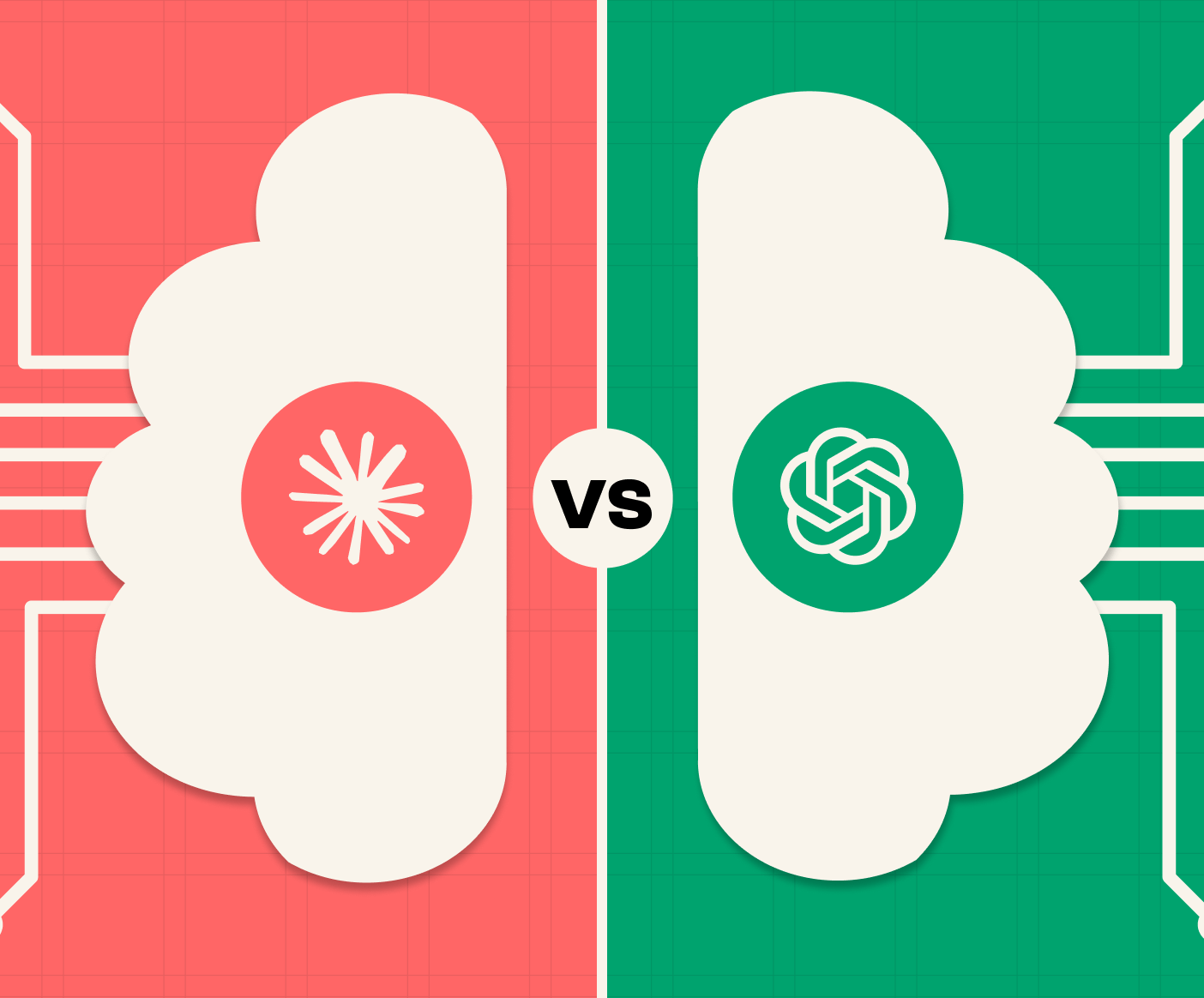Every website is a gateway — not just to your business, but to sensitive data. That’s why website security is essential. It protects your site, your users, and your brand reputation from cyber threats, data breaches, and malicious attacks. For founders, marketers, and developers, security isn’t optional; it’s a critical investment in trust and continuity.
Breaking Down the Definition
Website security refers to the measures, protocols, and tools used to protect a website from cyberattacks, unauthorized access, and data theft. It includes safeguarding your site’s server, code, databases, and user data. Security isn’t just about firewalls or passwords — it’s about creating a resilient website that can withstand threats while keeping users safe.
Why Website Security Matters
A secure website is more than just protected — it’s credible and trustworthy. Here’s why security is vital for businesses:
- Protects sensitive data → Safeguards customer information, payment details, and business data.
- Maintains trust → Users are more likely to engage, sign up, and convert on secure sites.
- Prevents downtime → Attacks can crash your site, causing lost revenue and reputation damage.
- Improves SEO → Search engines favor secure websites (HTTPS) and penalize compromised ones.
- Compliance requirements → Many industries require data security to meet legal or regulatory standards.
Neglecting security isn’t just risky — it can be costly.
Core Elements of Website Security
Strong website security is a combination of technical safeguards and proactive practices:
- SSL Certificates → Encrypt data between users and your site.
- Regular updates → Keep CMS, plugins, and software patched to fix vulnerabilities.
- Strong authentication → Use complex passwords, two-factor authentication, and role-based access.
- Backups → Regular site backups ensure recovery after attacks or failures.
- Malware & vulnerability scanning → Monitor for suspicious activity and potential threats.
- Secure hosting → Choose providers with strong infrastructure and monitoring.
Each element helps reduce the risk of hacks, data loss, or service disruptions.
When to Prioritize Website Security
Security isn’t just for ecommerce or banking sites — every website benefits from protection:
- At launch → Implement SSL, secure hosting, and authentication from day one.
- During growth → Scale security measures as traffic, features, and data volume increase.
- Ongoing maintenance → Continuously monitor, update, and test for vulnerabilities.
Proactive security prevents crises before they happen.
Key Takeaways
- Website security = protecting your site, data, and users from cyber threats.
- Core measures include SSL, updates, authentication, backups, and malware monitoring.
- Security builds trust, preserves uptime, and supports compliance.
- Treat website security as a continuous strategy, not a one-time task.
Ready to Make Your Website Secure and Reliable?
A compromised site isn’t just a technical problem — it’s a business risk. We implement robust security protocols, proactive monitoring, and best practices so your site stays safe, reliable, and trustworthy.
Contact Us to protect your website, your users, and your brand.





![AI Screening Recruiter Setup Guide [Starter Guide]](https://cdn.prod.website-files.com/68b716fbda7b786bb723ec2a/6968a878cb1cf07382e70d03_AI%20Screening%20Recruiter%20Setup%20Guide_1.png)
